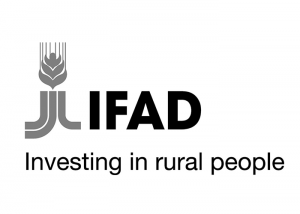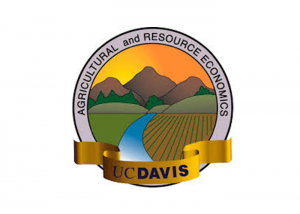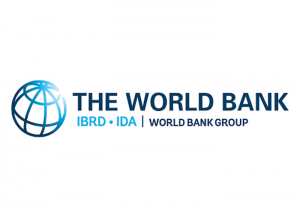


Rui Benfica and Paul Winters (International Fund for Agricultural Development)
Ed Taylor (University of California Davis)
Luc Christiaensen (Jobs Group) and Madhur Gautam (Agriculture Global Practice) (World Bank)
Submission deadline: December 14, 2018
Submit full paper to: fowag2019@gmail.com (abstracts will not be accepted)
Paper Presentation: March 19-20, 2019 at World Bank in Washington D.C.
The global challenge to create jobs and improve the quality of informal employment remains daunting. Traditionally, agriculture has been a major employer. This is one reason why it has been at the center of discussions about poverty reduction and development. As countries develop and people spend more income on higher valued, non-traditional food and non-food items, agriculture’s role as employer declines (agriculture’s jobs paradox), even though the decline in agriculture’s labor share observed at first, should not be confounded with a continuing increase in absolute terms for quite some time.
In the process, the profile of the agricultural labor force changes. The farm workforce becomes older, more wage-oriented, and less domestic. In high-income countries (and many not-so-high income ones) a number of agricultural subsectors rely today primarily on an immigrant hired farm work force. At the same time, while employment in agriculture shrinks, the broader food system expands and the scope for agriculture-related jobs shifts beyond the farm, upstream, in agricultural service activities and downstream, in the food value chains.
The rapidly unfolding digital revolution (information and communications technology, artificial intelligence, machine learning) is further shaping these transformations in new and unprecedented ways. It creates the prospect of a future with robots in the fields and packing plants, “tekked up” farmworkers to complement new technological solutions, and changes in the demand for foreign agricultural wage labor.
These ongoing transformations have profound implications for (agricultural) labor markets in high and low-income countries. Labor market outcomes, including the quantity, quality, and inclusiveness of jobs in agriculture and linked sectors, are by their nature complex, but they will be key to gauging future impacts on poverty and welfare. This conference seeks to shed light on a host of questions related to the future of agricultural work (on and off the farm).
How is the profile of the agricultural labor force changing in different parts of the world, how quickly are farm workers aging, and what implications does this have for technology adoption, farm incomes, and the political economy of agricultural policy at a time of globalization and accelerating technological change? What types of skill development and social programs are needed to create the farm work force of the future—capable of working with new agricultural technologies at home or abroad—while assisting those who do not have the capacity to adapt or switch to other occupations?
What is the scope for off-farm employment within the food system, and how can countries maximize employment generation along food supply chains? How do agriculture’s quintessential seasonality and uncertainties affect this transition? What role could secondary towns play to foster off-farm employment generation through agribusiness development?
Are new technologies that are on the horizon mainly labor enhancing or labor displacing, and how should agricultural and migration policies engage with them? What is the scope for leveraging agricultural labor shortages in developed countries to achieve poverty reduction in developing countries through migration? Is the better way forward to mechanize with a smaller, more skilled domestic farm workforce?
How countries address these and related challenges will shape the future of work in agriculture, as well as agriculture’s potential to continue its historical role in poverty reduction and in fostering shared prosperity. We invite the submission of papers that address these and related questions for presentation at the World Bank in Washington D.C. on Tuesday-Wednesday March 19-20, 2019.
To be considered for this conference, full papers need to be submitted by December 14, 2018 to fowag2019@gmail.com. (Abstracts will not be considered.) Decisions about acceptance will be communicated in early January 2019. Travel and lodging costs for one presenter per paper will be covered. The scope is global (including developing and developed countries) and the perspective can be theoretical, comparative historical, and/or empirical, but with a focus on informing policy making to generate more, better and inclusive jobs in agriculture.
